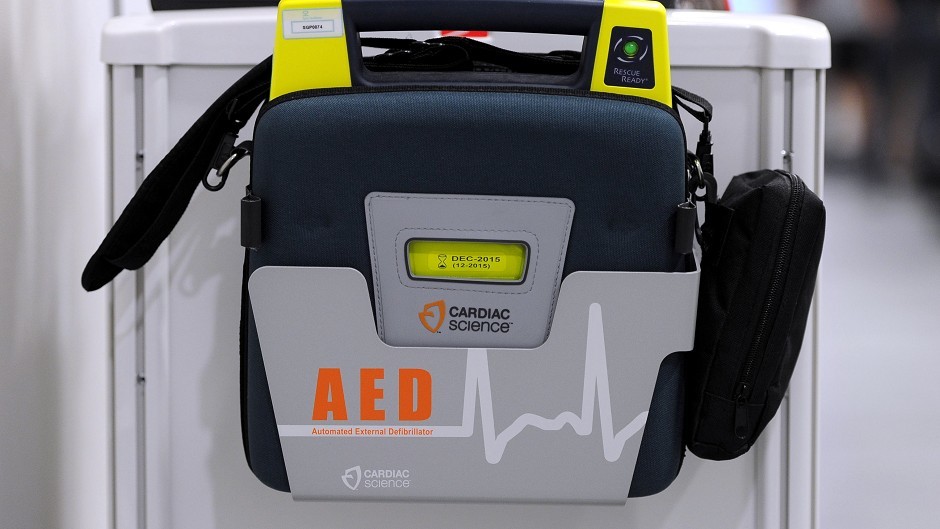The lives of 20 people across the north and north-east have been saved in one year because of the presence of defibrillators in their communities.
Huge efforts have been made to ensure the public have easy access to the devices which have proved vital in towns and villages.
They were used 40 times in 2018-19 and successfully revived half those upon whom they were used.
Campaigners have said the figures, though bittersweet, demonstrate the incredible value of the devices.
But they believe far more must be done to ensure more and more communities have access to them – and know how to use them in an emergency.
Sandra McKandie, whose teenage son, Keiran, was killed in a road accident in 2016, has hailed the increased use of public access defibrillators (PADs) across northern Scotland.
Many of those who have been helped have benefited from Keirans Legacy, the organisation set up by Mrs McKandie and husband Gordon to campaign for more PADs.
The youngster died after he was hit by a car while mountain biking. The nearest ambulance was 38 miles away and when police arrived it emerged they had no emergency equipment.
The family have since fought to increase the number of defibrillators in communities and in emergency service vehicles, including police cars and fire appliances.
Mrs McKandie said: “These figures are positive but progress is very slow. I think more could be done to save lives.
“The figures clearly show it works, but it’s bittersweet. Why on earth is it taking us so long to have it government mandated?
“It’s an improvement to where we were three years ago, but we just need to keep moving.”
Through its Wildcat campaign, the Sandpiper Trust hopes to save 50 lives in Grampian each year by training a network of volunteers in the north-east to become cardiac responders.
Shona Gray works as a trainer for the campaign.
She added: “These figures are fantastic and show that the system is working.
“The 20 people – that’s families getting a loved one home for New Year or even creating time for families to get to the hospital and say goodbye.”
For every minute that passes without the right emergency treatment, the chances of surviving a cardiac arrest drop by 10%.
Mrs Gray urges people to always try CPR – even if they aren’t confident they know how to do so – because in a cardiac arrest, every second counts.
She said: “You can’t make this situation any worse. You can’t make a dead person more dead.”
Craig Hunter, from the Scottish Ambulance Service said public access defibrillators were “vital pieces of equipment” especially in the crucial moments before an ambulance arrives.
And Mrs McKandie added:”I hope it doesn’t happen but if a public defibrillator is there then it is giving you the best chance. That’s all you can ask for.
“We’re doing this for Keiran. He didn’t get that opportunity.”
